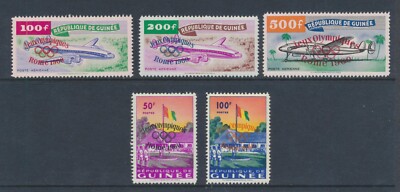Understanding the Political Landscape of Guinea

Introduction
Guinea, located in West Africa, has been a nation of rich resources and cultural diversity. However, the political landscape in Guinea has faced turmoil in recent years, making it an important focal point in international news. As one of the poorest countries in the world, Guinea’s governance and political decisions significantly impact the lives of its citizens and the stability of the region.
Recent Political Developments
Following the military coup in September 2021, Guinea has been navigating a tumultuous political environment. The coup, led by Colonel Mamady Doumbouya, ousted President Alpha Condé, who was accused of corruption and authoritarianism. This decision sparked national and international debates regarding democracy and governance in the nation.
In the months since the coup, the military junta has promised to transition the country back to civilian rule, but details have remained vague. Promises of elections scheduled for December 2023 have raised hopes among some segments of the population, yet skepticism remains regarding the military’s commitment to restoring democratic processes. Protests have been seen throughout the country, calling for transparency and faster reforms.
The Humanitarian Impact
The ongoing political crisis has exacerbated economic instability and social unrest in Guinea. With high unemployment rates and inadequate access to basic services, many Guineans are facing severe hardships. Healthcare systems are strained, and education has suffered due to economic decline.
International aid organisations are attempting to provide support, but ongoing political instability complicates these efforts. Citizens express frustration over limited access to essential resources and multi-dimensional poverty, further stressing the need for immediate changes in governance and social programs.
Conclusion
As Guinea stands at a crossroads, it faces critical challenges that must be addressed to foster stability and development. The detainment of political prisoners and challenges in conducting a fair electoral process will define the nation’s progress in the coming years. International observers and neighbouring countries are keeping a close watch, hoping for a peaceful transition that prioritises the needs of the Guinean people.
The outcomes of Guinea’s current political situation may have broader implications not just for the region, but also for efforts towards democracy and governance across West Africa. It underscores the importance of international dialogue and support to navigate through this difficult political landscape.









